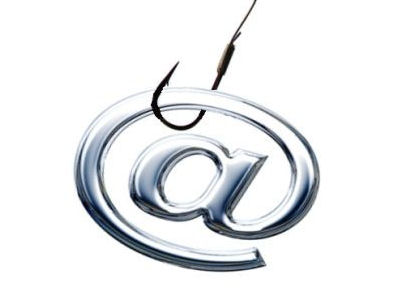

Researchers have discovered malware used in targeted attacks against defence contractors, government agencies and other organisations since early 2009, according to IT security companies Seculert and Zscaler.
The email messages containing malicious attachments masqueraded as fake conference invitations and targeted executives and government officials, wrote Zscaler ThreatLabZ senior security researcher Mike Geide on the ThreatLabZ blog. Researchers from Zscalar and Seculert separately identified these attacks and “joined forces” to analyse the malware and incidents, Geide said. They report that the Trojan uses a remote-access tool to burrow into networks and steal data.
Seculert and Zscaler have named the Trojan MSUpdater as it disguises its outbound communications with the command-and-control (C&C) server as Windows Update requests. Researchers used the infection method and other characteristics to identify older incidents that appear to have been perpetrated by the same group.
The phishing emails arrive in user in-boxes with an attachment. The PDF file appears to be an invitation to a conference that the attackers have identified would be of interest to the targeted recipient. Once the PDF file has been opened, the malicious code targets a zero-day vulnerability in Adobe Reader.
The malware is sophisticated enough to not execute the code if it detects it is in a virtual machine environment and just exits, according to the joint report. The malware’s communication with the C&C server goes over HTTP, but is encoded to make it harder to detect, according to Geide.
The infected machine connects with the C&C server and transmits data about the type of system it is, such as the operating system and custom identifiers that allows the zombie to authenticate with the server. Once the initial connection has been made, the infected system can download new files, upload files and execute commands.
Researchers at Contagio published details of the bug in Reader back in September 2010, and Adobe patched the security issue in October. As soon as Adobe closed a vulnerability, MSUpdater would be modified to exploit a new zero-day vulnerability, according to Aviv Raff, CTO of Seculert.
Security experts have long warned that attackers are researching victims and crafting attacks designed to catch their interest. Many attackers use the information shared on professional networking site LinkedIn to identify the victim’s industry, company and job roles, Aaron Barr, former CEO of HB Gary Federal, told attendees at the Federal Bureau of Investigation’s International Conference on Cyber-Crime in New York City last month.
Seculert researchers concurred in a separate blog post, noting that the volume of emails with malicious attachments that pretend to be conference invitations have grown. Seculert researchers have seen invitations to International Conference on Intelligent Sensors, Sensor Networks and Information Processing, IEEE Aerospace Conference, an Iraq Peace Conference and others. “Attackers are trying to lure employees of specific organisations with ‘invitations’ to relevant industry conferences,” Seculert wrote.
“Please note that if your organisation encounters this type of advanced threat, it will most likely be persistent and bound to exist undetected for a long period of time in your network, as well as most probable to happen again in the future,” Seculert wrote.
The malicious campaign has been changing frequently as attackers swap out different binaries to avoid detection and change the way the infected systems communicate with the remote C&C servers, according to the post. The attackers appear to be very patient, taking the time to carefully research their targets and collecting information, researchers found. They are also selecting organisations that have high-value intellectual property and assets.
Suspended prison sentence for Craig Wright for “flagrant breach” of court order, after his false…
Cash-strapped south American country agrees to sell or discontinue its national Bitcoin wallet after signing…
Google's change will allow advertisers to track customers' digital “fingerprints”, but UK data protection watchdog…
Welcome to Silicon In Focus Podcast: Tech in 2025! Join Steven Webb, UK Chief Technology…
European Commission publishes preliminary instructions to Apple on how to open up iOS to rivals,…
San Francisco jury finds Nima Momeni guilty of second-degree murder of Cash App founder Bob…